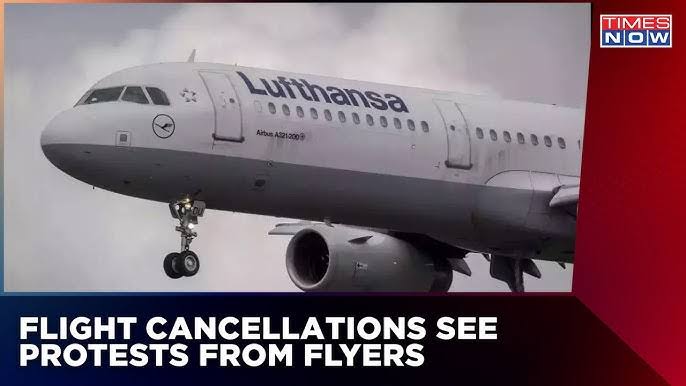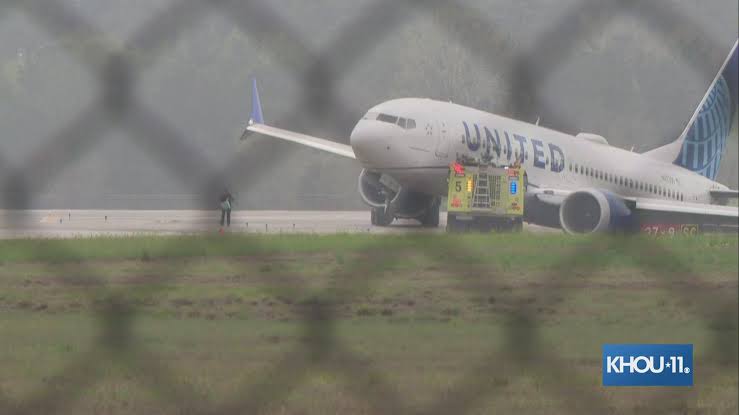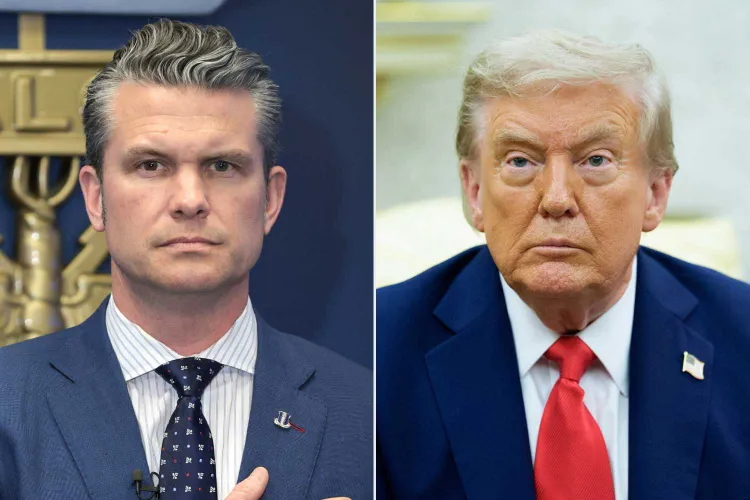Lufthansa Cancels 100 Flights as CEO Declares Emergency Amid Sudden Strike
Frankfurt, Germany – April 19, 2025
Chaos erupted at airports across Germany on Friday as Lufthansa, the country’s largest airline, abruptly canceled over 100 flights in response to a surprise strike initiated by its ground staff and cabin crew. The disruption follows an emergency declaration by Lufthansa CEO Carsten Spohr, who warned of severe operational challenges and called for immediate government mediation.
The sudden industrial action, which took passengers and authorities by surprise, is the latest chapter in an escalating labor dispute between the airline’s management and multiple employee unions. As thousands of travelers found themselves stranded, tensions mounted both inside Lufthansa headquarters and at major European airports, particularly in Frankfurt, Munich, and Berlin.
—
A Sudden Turn of Events
The emergency declaration came during a hastily convened press conference at Lufthansa’s Frankfurt headquarters. CEO Carsten Spohr addressed the media, saying:
> “We are facing an unprecedented operational crisis. Despite ongoing negotiations, the sudden withdrawal of staff has left us with no option but to cancel more than 100 flights today. This is an emergency situation for our company and our passengers.”
The strike, reportedly involving thousands of employees from Ver.di and UFO unions, began in the early hours of Friday morning and included baggage handlers, ground crew, and flight attendants. It is believed to have affected both short-haul and long-haul flights, disrupting travel schedules globally.
Spohr added that Lufthansa is seeking emergency mediation from Germany’s Federal Ministry of Transport and called for “urgent, constructive dialogue” with union leaders to avoid further escalation.
—
The Root of the Conflict
The strike is rooted in longstanding grievances over wages, working conditions, and job security. Employees argue that they have borne the brunt of the airline’s cost-cutting measures implemented during and after the COVID-19 pandemic.
Ver.di, Germany’s largest services union, is demanding a wage increase of at least 12% for ground staff, citing inflation and increased workload. Similarly, the Independent Flight Attendants’ Organization (UFO) is pushing for better scheduling, more rest time between flights, and the reinstatement of certain pandemic-era safety protocols.
In a joint statement issued Friday morning, Ver.di and UFO said:
> “Our members have shown patience for too long. Despite record profits in 2024, Lufthansa continues to neglect the very people who make its operations possible. Today’s strike is a wake-up call.”
While negotiations have been ongoing for months, union representatives claim that Lufthansa has made only “token offers” that do not reflect the rising cost of living or the demands of frontline roles in a post-pandemic travel boom.
—
Passenger Disruptions and Reactions
Airports across Germany and Europe quickly descended into chaos as passengers scrambled to rebook flights or arrange alternate transport. Long queues formed at check-in counters, while digital boards flashed an increasing list of cancellations and delays.
Many travelers expressed frustration and confusion, citing poor communication from the airline.
“I got no warning. I came to the airport this morning only to find my flight to New York canceled,” said Anika Jansen, a student at the University of Cologne. “Lufthansa staff at the desk couldn’t even tell me when the next flight would be.”
Others voiced sympathy for the striking workers.
“I understand their fight. If they’re not being treated fairly, they have every right to protest,” said David Müller, a frequent business traveler. “But the way this was done—with zero notice—was irresponsible.”
Lufthansa has said it is working to accommodate affected passengers by offering rebooking options, hotel accommodations, and travel vouchers. However, with hundreds of flights scheduled daily, the backlog is expected to take several days to clear.
—
Economic and Political Ramifications
Industry analysts warn that the disruption could have ripple effects across the European travel sector. Lufthansa is a major player in the global aviation network, and flight cancellations on this scale can disrupt connecting flights, cargo shipments, and alliance partner schedules.
“This is more than just a labor dispute—it’s an operational crisis with wide-reaching implications,” said aviation analyst Markus Feldmann. “Lufthansa’s credibility is on the line, especially with the summer travel season approaching.”
Germany’s Transport Minister, Volker Wissing, has urged both sides to return to the negotiating table and expressed concern about the strike’s impact on the economy.
> “Strikes of this scale not only affect the airline—they affect tourism, business, and the image of Germany as a travel hub. Dialogue and compromise must prevail,” Wissing said in a televised statement.
—
Lufthansa’s Response and Next Steps
In his emergency declaration, CEO Spohr said Lufthansa has activated a crisis management team and is in talks with external mediators to bring unions back to negotiations.
The airline has also indicated it may pursue legal action against the strike if it is found to have violated existing labor agreements. However, legal experts caution that doing so could further inflame tensions and damage the airline’s public image.
Spohr acknowledged the difficult road ahead but emphasized that Lufthansa is committed to finding a resolution.
> “We respect the right to protest, but we must balance that with our duty to serve passengers and preserve jobs. We are ready to negotiate 24/7 until a fair solution is reached.”
Meanwhile, union leaders have hinted at the possibility of an extended strike if their demands are not met, raising the stakes for all involved.
—
What This Means for Travelers
Lufthansa passengers with upcoming travel plans are being urged to check their flight status regularly and consider flexible travel arrangements.
The airline has established a dedicated hotline and online portal for affected travelers, although reports suggest long wait times and limited availability of alternative flights.
For now, the situation remains fluid. Both travelers and employees are hoping that cooler heads will prevail in the coming days to prevent further cancellations and chaos.
—
Conclusion
Lufthansa’s sudden flight cancellations and the CEO’s emergency declaration have highlighted the fragile state of labor relations in the aviation industry. As the airline navigates a public relations storm and operational gridlock, the world watches closely to see whether management and unions can bridge their differences—or whether the skies over Europe will remain turbulent for the foreseeable future.






